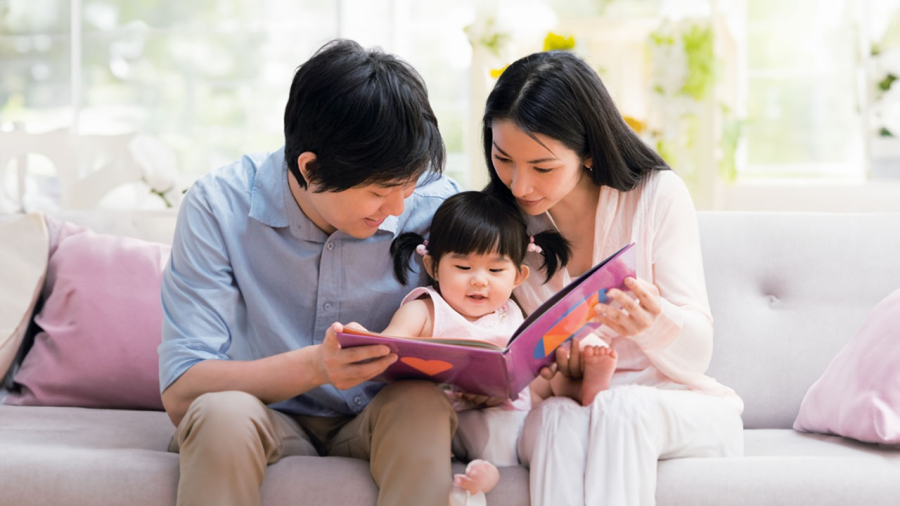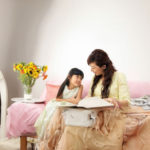Family education is extremely important. The family environment is the first cradle that nurtures the soul and character of a child. Babies raised in different environments can have similar personalities. Children living together and nurtured in the same environment can develop very different personalities.
In the 1960s, psychologist Diana Baumrind conducted a study on over 100 preschool-aged children and found that different parenting styles would affect the cognitive development and behavior of children as they grow older. The determining factors of influence include discipline, warmth and nurturing, communication style, expectations of maturity and control.

Accordingly, children raised in these three types of families often develop well and are loved by others. They tend to have high emotional intelligence, giving them a higher chance of success in adulthood.
Children from harmonious and friendly families
Harmonious and friendly parents are crucial to a child’s psychological well-being. Limiting arguments and yelling is especially important when children are young. Parents’ strained criticisms can cause psychological harm to their children, making them feel insecure about their own family. A happy environment helps children feel content, enabling them to interact happily with others and willingly share love. Furthermore, children growing up in a happy environment tend to be more optimistic, confident, and pure in soul, without fear or self-doubt.

Children in families that value learning and have a passion for education
Young children unconsciously imitate their parents. Therefore, if parents love learning and are diligent, their children will be too. On the other hand, if parents are lazy and only interested in their phones, how can they teach their children? Children need adults as role models. Many participating children have said that when they see their parents reading books every night, they are ready to read and learn. But there are also children who say that their parents prefer to watch TV and play games at night, making the house noisy, so they can’t study quietly.
Therefore, if parents are diligent and set an example for their children to love reading and learning, their children will also become interested in reading and learning. These studious and understanding children are loved wherever they go. This is also the source of their future success and development.

Children in civilized and democratic families
Controlling children is not good. Parents treating their children equally and democratically will help their children develop better. Families in which parents respect their children and discuss matters together, where everyone can express their opinions, teach children to do the same. When others show respect and understanding to one another, children learn to show respect. This helps children feel that they have the right to express themselves, the awareness to participate, and a greater sense of responsibility. In such circumstances, children become independent early on and assume responsibilities early.
Children from such families always know how to be independent and responsible, and they remain optimistic regardless of wealth or social status.
The difference between children who like to argue back and those who never argue back when they grow up.
Different environments shape different children. Some parents will find their child to be argumentative, always ready with a counterargument if you say something, they will have plenty of words waiting for you to refute them; they often act like a talkative person.





































